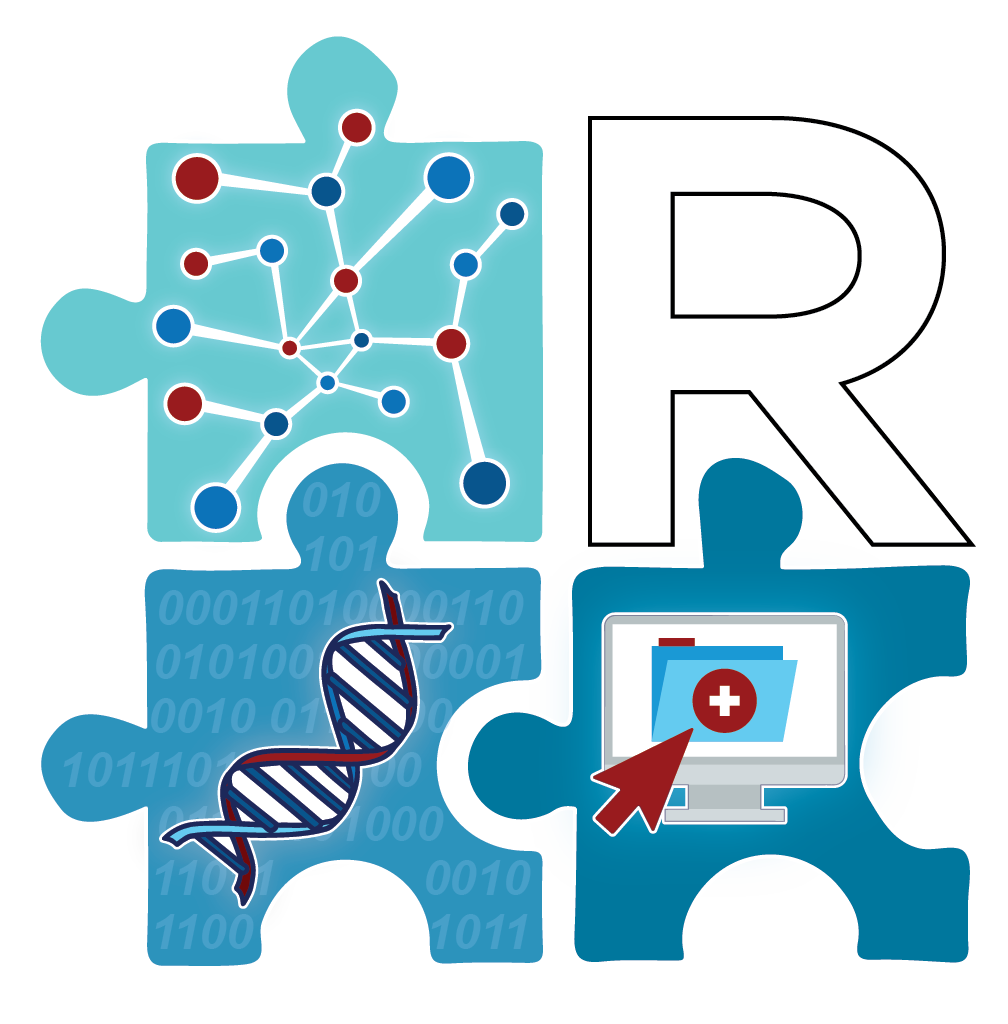pMDR Downloads
What is pMDR ?
Parallel multifactor dimensionality reduction (pMDR) is a parallelized version of the multifactor dimensionality reduction (MDR) method for the analysis of gene-gene and gene-environment interactions. It uses the Message Passing Interface (MPI) for inter-process communication and can be run on computing clusters.
Why use pMDR ?
Multifactor dimensionality reduction (MDR) is a non-parametric, model-free method for detecting gene–gene and gene–environment interactions. pMDR is a parallelized implementation of this method and allows for an unlimited number of variable states (for haplotype encoding) and an unlimited number of individuals. The number of variables and the order interaction to analyze (2 locus interactions, 3 locus interactions, etc) are limited only by machine memory and computation time. These improvements allow the analysis of higher order interactions for small datasets and make two-locus interactions computationally feasible for very large datasets. If run on a cluster, pMDR will use MPI to split the analysis among the nodes to reduce the run time needed to complete an analysis.
Latest Release
-
MDR Package ,Released on Feb 3 , 2012.
MDR-PDT Downloads
- MDR-PDT 2.0.1.21, Released on June 29, 2010 (Source with makefiles and binaries for OSX(intel) and redhat linux)
- MDR-PDT 2.0.1.20, Released on June 10, 2010 (Source with makefiles and binaries for OSX(intel) and redhat linux)
- MDR-PDT 2.0.1.19, Released on June 10, 2010 (Source with makefiles and binaries for OSX(intel) and redhat linux)
- MDR-PDT 1.1.6 WIN32, Released on August 14, 2007 (Windows/DOS compatible version)
- MDR-PDT 1.1.6 MAC OSX, Released on August 14, 2007 (MAC OSX compatible version)
- MDR-PDT 1.1.6 Linux, Released on August 10, 2007 (Linux (gcc 3.2) binary for i386. This should be fine for most modern linux systems running on intel hardware)
Through out this site you will be able to find the source for the application, as well as links to any dependencies (and, in most cases, local downloads that can be extracted directly into your mdrpdt/src directory!
In addition to bug reports, we are interested in usability issues as well. Is there anything we can do to make it easier to use- more effectively fit into your work flow? Please contact us at this address.
Please note that version two is now available as a single download. Inside the tarball exists the source which should compile under any modern GCC enabled system as well as the manual, and prebuilt versions for OSX and certain versions of RedHat linux. Please contact us at the address above if you have trouble getting the software compiled on other platforms. New features include the following:
* Cross Validation
* Matched Odds Ratio Evaluation
* Multithreaded
Performance under version 2.0 should be a little better under larger order models than the previous version.

